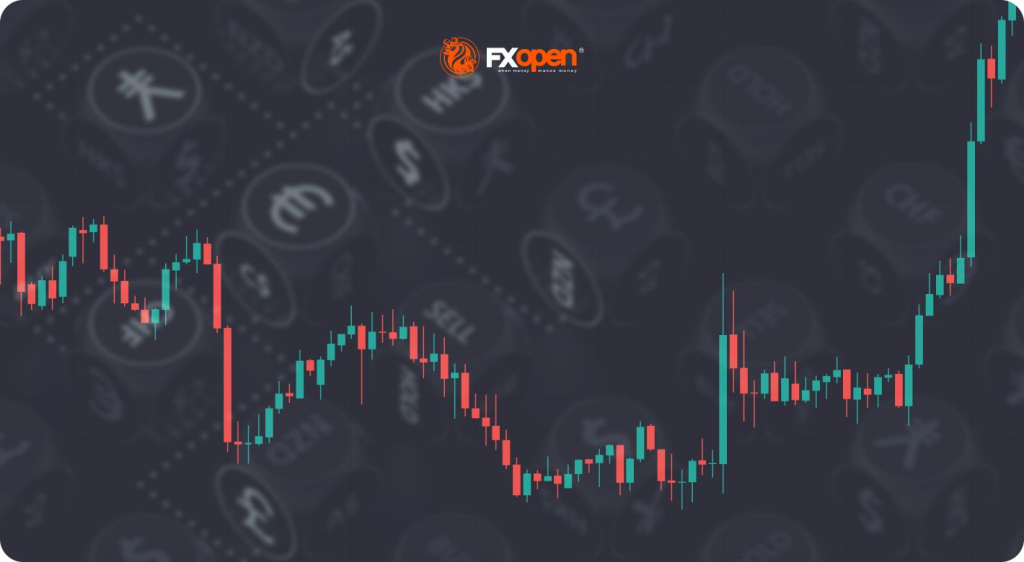Forex, short for international change, is the greatest financial market on the planet, with a daily trading quantity exceeding $6 trillion. It’s where currencies are bought and distributed, rendering it an important part of worldwide finance. Forex trading involves the change of one currency for still another, and their acceptance stems from the opportunity to profit from the fluctuating change rates.
The forex industry operates 24 hours each day, five days per week, thanks to their decentralized nature. Key economic hubs world wide, such as London, New York, Tokyo, and Sydney, contribute to this regular trading activity. That convenience helps it be convenient for traders from numerous time areas to participate.
Forex trading largely does occur in currency couples, such as EUR/USD (Euro/US Dollar) or USD/JPY (US Dollar/Japanese Yen). The first currency in the couple is the bottom currency, and the second reason is the offer currency. The exchange charge presents the total amount of the quote currency expected to buy one device of the bottom currency. Traders suppose on whether a currency can enjoy (go up) or depreciate (go down) in price relative to its counterpart.
To participate in forex trading, one needs a forex broker, an economic intermediary that delivers use of the forex market. Brokers present numerous trading programs, tools, and methods to help traders make informed decisions. Also, traders can decide between several types of records, such as standard, tiny, or micro accounts, depending on the chance tolerance and trading capital.
Technical and elementary evaluation are two essential approaches found in forex trading. Complex analysis involves understanding old cost charts, patterns, and indicators to predict potential value movements. On the other hand, elementary evaluation focuses on economic and geopolitical facets that may affect currency values. Effective traders usually combine equally approaches to make well-informed trading decisions.
Risk administration is an essential facet of forex trading. Traders use stop-loss orders to restrict potential deficits and take-profit orders to protected profits. Control, a double-edged blade, may amplify both gets and deficits, so that it must be used wisely. Traders should never spend more than they can afford to lose.
Psychology represents a substantial role in forex trading. Thoughts like fear and greed can lead to impulsive choices, causing losses. It’s crucial for traders to expert advisor discipline and adhere to a trading plan. Regular understanding, practice, and adapting to changing market situations are key to long-term success in the forex market.

In summary, forex trading is a powerful and accessible industry that provides sufficient options for profit. Traders can participate in this global market, capitalizing on currency value fluctuations. Nevertheless, it’s necessary to method forex trading with warning, focusing risk management, informed decision-making, and constant learning how to understand the difficulties of the international exchange market.
